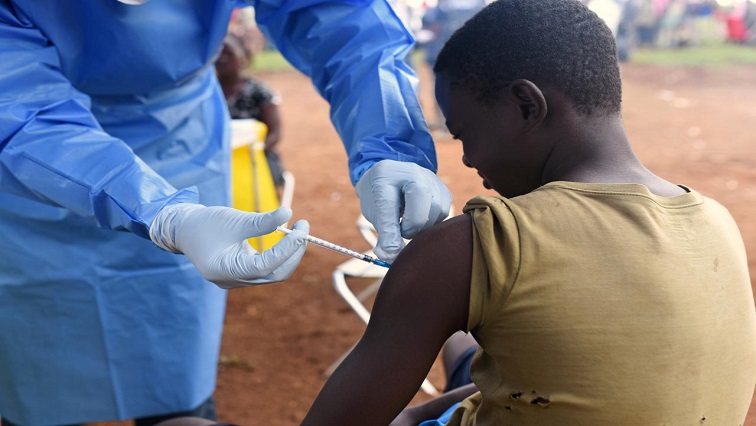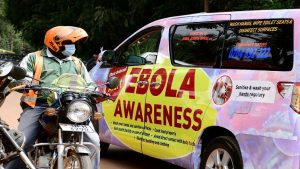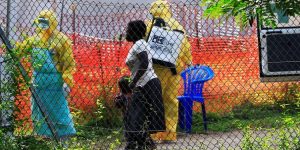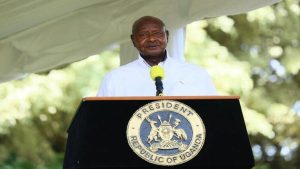Scientists working on developing vaccines against Ebola have found they can “harvest” antibodies from volunteers vaccinated in research trials and use them to make treatments for the deadly viral infection.
In a study published in the journal Cell Reports, the scientists said the approach could be used for Ebola and other newly emerging deadly diseases caused by viruses.
The technique, based on people exposed to the Ebola vaccine but not the Ebola virus itself, suggests protective therapies could be developed from people who are disease-free.
“It is a small, extra step that could lead to new antibody therapies from an increased pool of donors and with reduced risk,” said Alain Townsend, a professor at the MRC Human Immunology Unit at Britain’s Oxford University.
He noted that besides Ebola, many experimental vaccines for other life-threatening infections, such as H5N1 and H7N9 bird flu and Middle East Respiratory Syndrome (MERS), are entering clinical trials and could offer similar opportunities for antibodies to be collected.
Ebola is now spreading in Democratic Republic of Congo, where World Health Organization data show at least 676 people have been killed and more than 700 others infected in an outbreak that started eight months ago.
The largest Ebola epidemic in history swept through Sierra Leone, Liberia and Guinea in 2013-2016, killing more than 11,000 people. That outbreak prompted a global push to develop vaccines and treatments – and some, including a protective shot developed by Merck and several antibody therapies for infected patients, have been deployed in the Congo outbreak.
Antibodies intended for treatment are normally collected from the blood of people who have survived infection. But they can also be tricky to obtain and carry heightened risks such as potential persistent viruses or other pathogens.
The Oxford team decided to try using blood from trial volunteers who had been given an experimental Ebola vaccine and whose immune system had responded to the shot by making antibodies. They successfully isolated 82 antibodies taken from 11 volunteers in trial at Oxford’s Jenner Institute.
They found that despite having less time to develop, a third of the antibodies were effective at neutralising a strain of Ebola known as Zaire – the one causing the Congo outbreak.
The scientists then made a cocktail of four of the antibodies to create a treatment, which successfully cured six guinea pigs of Ebola when it was administered three days after infection.






